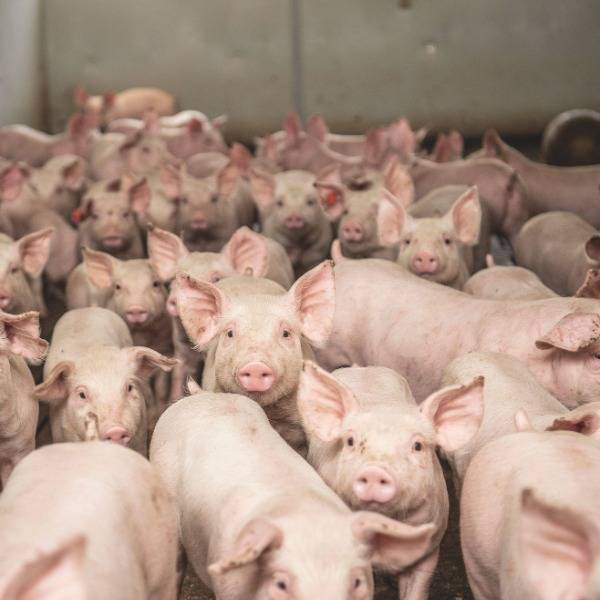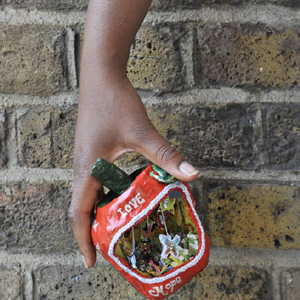Human ingenuity is an incredible thing and never so life-enhancing as when applied to medical technology. But as that science progresses, we create new ethical problems as well as new material benefits. This Friday, MPs will be asked to vote on one aspect of the most pressing bio-ethical question of modern times: whether terminally ill people should be allowed the choice to end their lives at a time of their choosing, or if, as a result of the technological advances that can keep them alive, they must continue to suffer in spite of their own wishes and until the very bitter end.
The Bill that MPs will consider is far from ideal; there are many suffering people it will not help because their condition is not terminal. It wouldn’t have helped Tony Nicklinson or Paul Lamb, or many of the brave Britons who have taken their battle through the courts. There will be no solace for them in Friday's debate. However, signalling support for this Bill will change the terms of the debate. This is why we at the British Humanist Association have encouraged thousands of our members to urge their MPs to turn up and vote in favour, allowing the Bill to proceed to the next stage.
The sound and fury of political debate - especially the cacophony of scaremongering which has greeted every compassionate attempt to change the law in parliament for the last decade - can obscure the simple and rational ethical case for change, supported now by over one in ten Britons. It is worth us rehearsing that case again.
Firstly: a mentally competent adult should be afforded control over his or her own body. Only our thoughts are perhaps more personal and more wholly owned by us than our bodies and the right to bodily integrity and autonomy of each person is the most important guarantee we have of individual dignity. Secondly: some people - through disability - are unable to give effect to their own desires. This can create great suffering for them. Thirdly: compassion should motivate us to alleviate suffering and we should be moved to help those who cannot help themselves. If a person is not capable of fulfilling their own legal desires and there are others willing to assist them in fulfilling their wishes, there is no obvious reason why the law should criminalise the helper. Fourthly: the intentional ending of one's own life is legal and, more than that, is an act that a rational and mentally competent person may well consider - in extreme circumstances - to be preferable to continued life.
Respect for the autonomy of a free individual, combined with the principle of compassion, undeniably indicates that society should provide assistance to those in a desperate situation.
In 2011 I was called to give evidence to Lord Falconer's Commission on Assisted Dying and I made this case. In the end, the Commission came out only in favour of assisted dying for the terminally ill. This is how the law is framed in the Marris Bill. This is a great shame, as well as being logically and ethically incoherent. A vote for assisted dying only for the terminally ill is a vote for more human suffering, not only on a social scale but at the individual level. Someone with an incurable but not terminal illness might have to suffer decades of torment compared with the briefer suffering of a terminally ill person who would be covered by the Bill.
What this Bill does represent and the reason to support it, is the first glimmer of a more rational and compassionate approach to the issue of personal choice. It is right for us to act compassionately to alleviate suffering, just as we would hope that our suffering would be alleviated; and it is right that we respect the choices of the person who we wish to help, just as we would wish our own choice (whether to live or die) to be respected. All the evidence from jurisdictions where this principle has been reflected in law is that the much-vaunted slippery slope does not exist, and that we will be a better society, not a worse one, if our elected representatives fall into line with their constituents' views and take this necessary step.

